On October 8, in Can Tho City, the Ministry of Agriculture and Environment organized a workshop on "Connecting, training, and sharing experiences of ASEAN Eco-Schools - schools without plastic waste", to introduce and guide schools in applying the ASEAN Eco-School criteria set in teaching, management, and extracurricular activities.
The workshop was attended by more than 100 in-person delegates and 100 online participants. The event was also an opportunity for schools that have implemented the model and won the above awards to share practical experiences, helping teachers and administrators to clearly understand and flexibly apply the criteria to school reality.
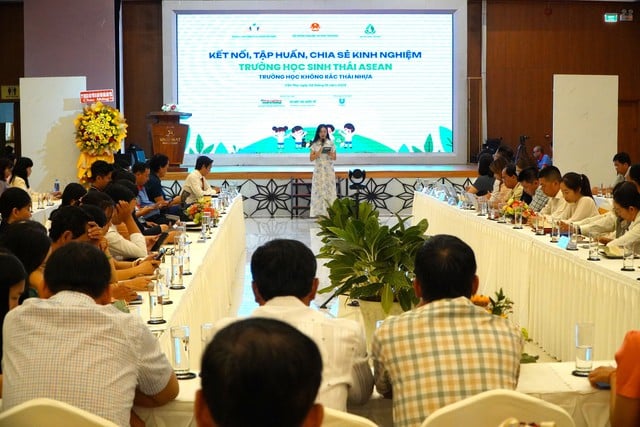
Scene of the workshop on ASEAN Eco-Schools - schools without plastic waste organized by the Ministry of Agriculture and Environment in Can Tho City
PHOTO: THAH DUY
Speaking at the workshop, Mr. Nguyen Van Khoi, Vice Chairman of Can Tho City People's Committee, said that river plastic pollution is a major challenge for the Mekong Delta in general and Can Tho City in particular. According to a survey by the World Bank (2022), the Mekong Delta is a hotspot for single-use plastic waste, accounting for 72% of the total amount of plastic waste. In urban riverside areas such as Can Tho, the density of plastic waste is up to 34.5 items per surveyed unit, nearly 3 times higher than in rural areas.
This figure shows that the responsibility and actions of each individual, especially the young generation, are extremely important in changing consumer habits and protecting the living environment. In that context, the plastic-reducing school model has practical and urgent meaning. Because this is a model that helps integrate environmental education into schools, foster awareness, and form green habits right from school.
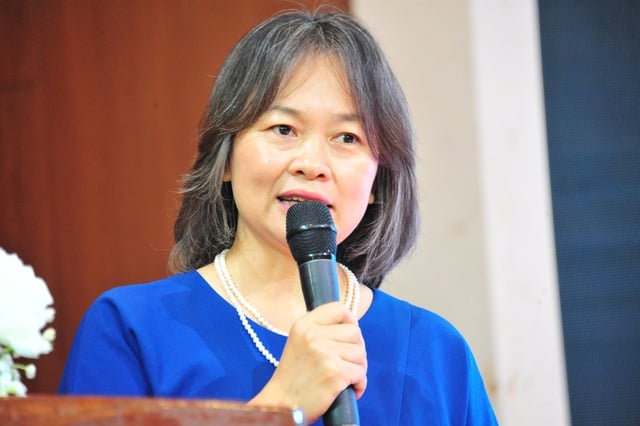
Prof. Dr. Nguyen Thi Kim Cuc, member of the Selection Council for the ASEAN Vietnam Eco-School Award 2025, shared at the workshop.
PHOTO: THANH DUY
According to Professor Nguyen Thi Kim Cuc, member of the Selection Council for the ASEAN Eco-School Award in Vietnam 2025, environmental education is not only the responsibility of the school but also the foundation for building a green community with awareness and concrete actions in protecting the planet. And Eco-School is not just a title, but a sustainable foundation to fight plastic waste, turning each student into a true environmental ambassador.
From international experience, Professor Nguyen Thi Kim Cuc believes that the most effective environmental education methods come from experiential methods and behavioral interventions. Therefore, schools should focus on creating a culture of zero plastic waste in every activity, taking advantage of the ability to absorb and spread change of the younger generation, to improve the learning environment, improve health and connect with the local community.
Source: https://thanhnien.vn/truong-hoc-can-tao-ra-van-hoa-khong-rac-thai-nhua-trong-cac-hoat-dong-185251008113909058.htm






![[Photo] General Secretary To Lam receives the Director of the Academy of Public Administration and National Economy under the President of the Russian Federation](/_next/image?url=https%3A%2F%2Fvphoto.vietnam.vn%2Fthumb%2F1200x675%2Fvietnam%2Fresource%2FIMAGE%2F2025%2F12%2F08%2F1765200203892_a1-bnd-0933-4198-jpg.webp&w=3840&q=75)

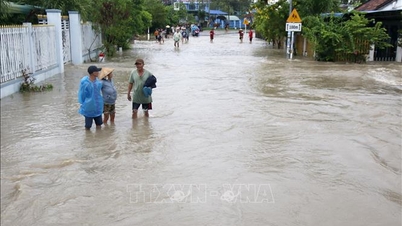



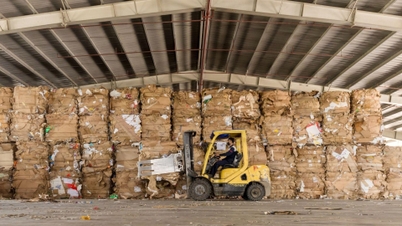


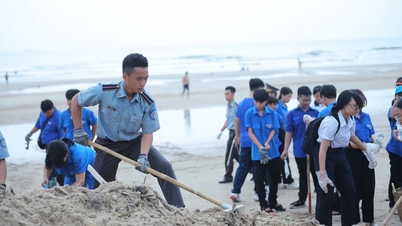

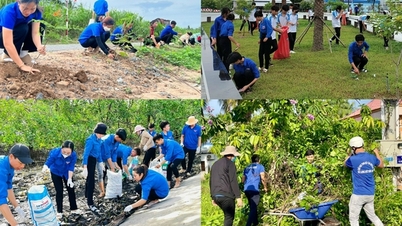

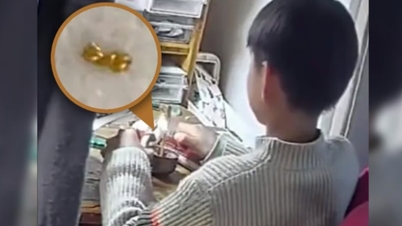

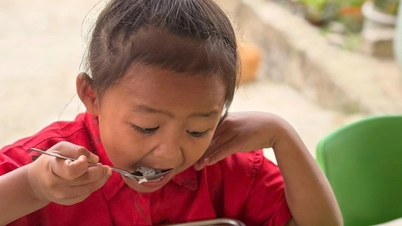

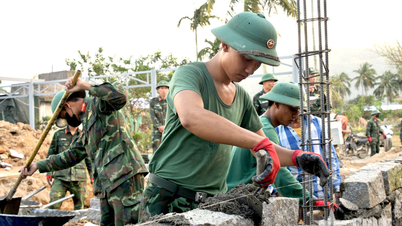

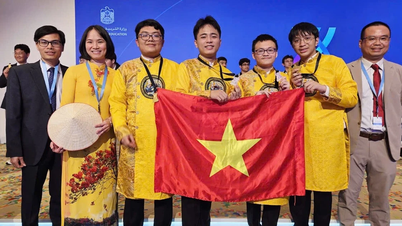







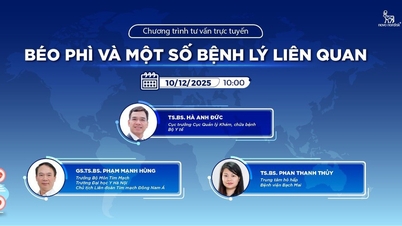


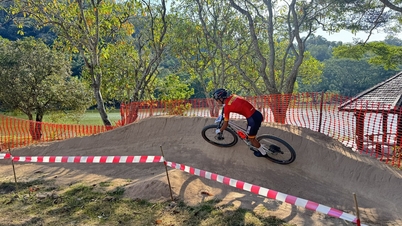
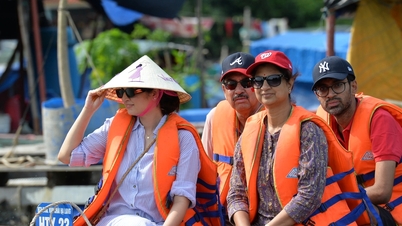





















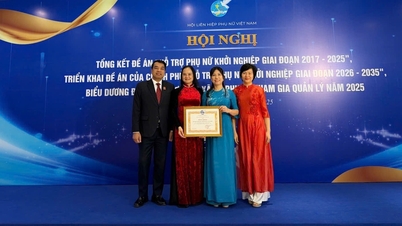

















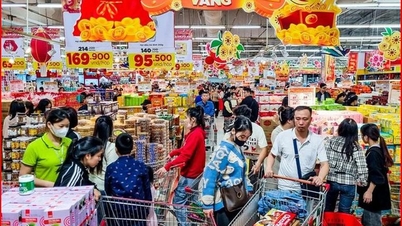

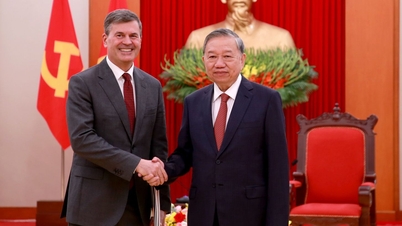








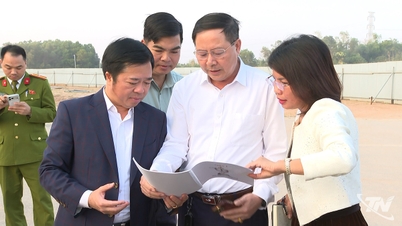

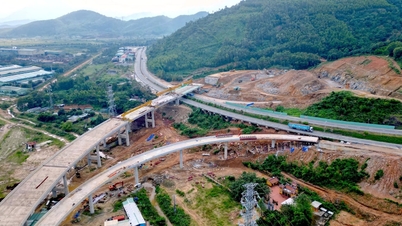
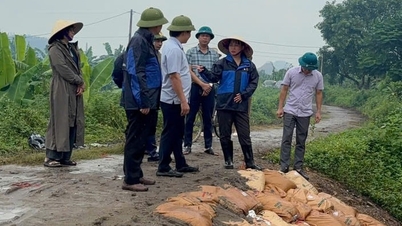



















Comment (0)